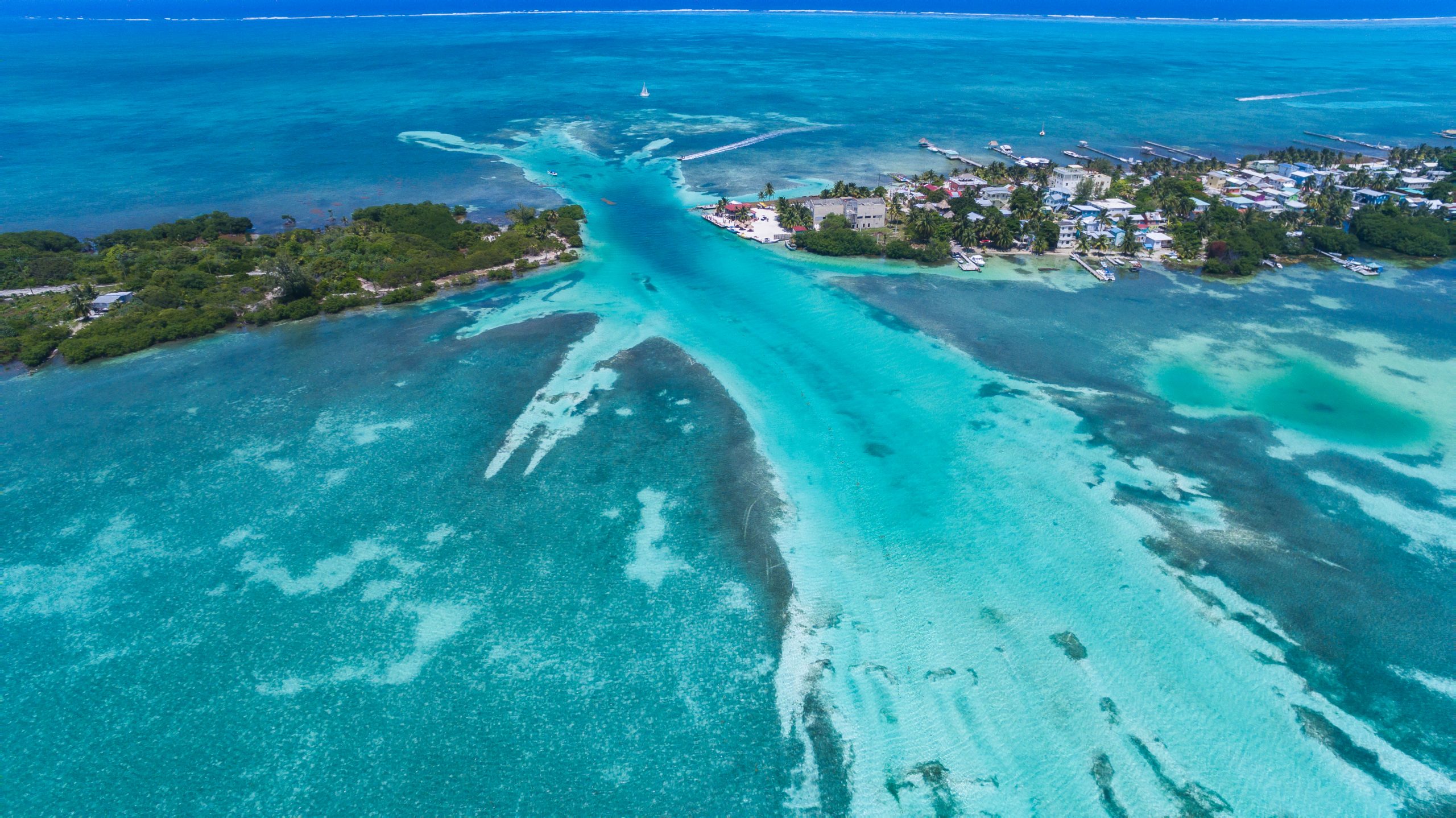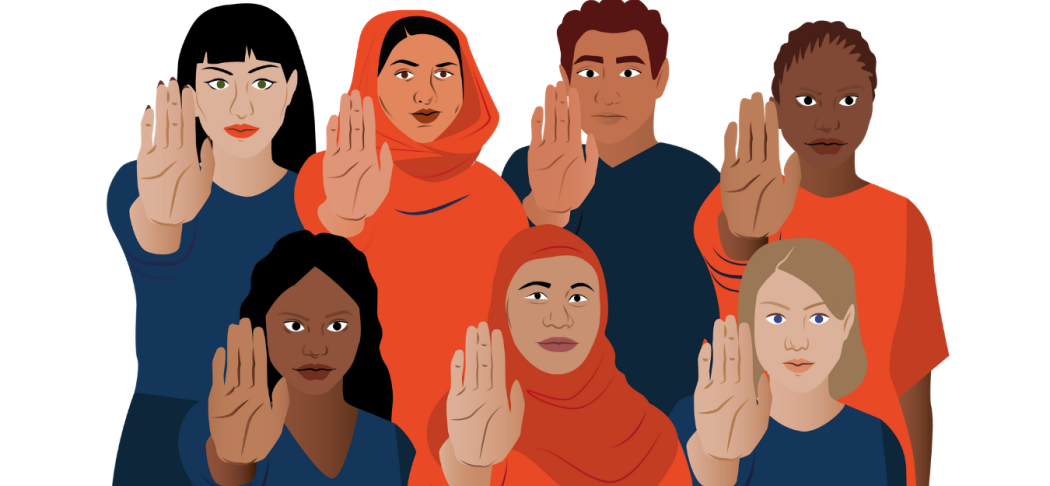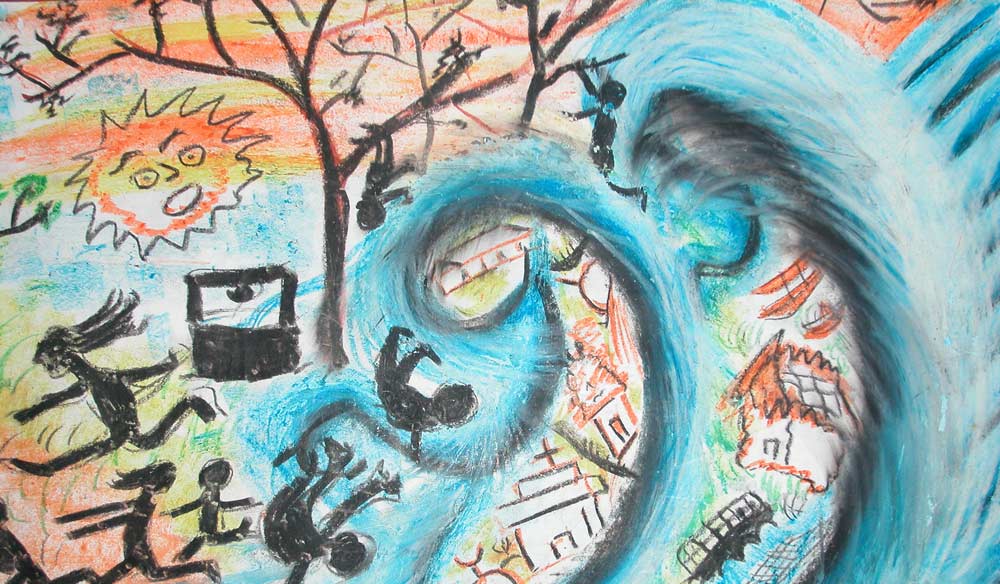TURNING THE TIDE: ATOLL NATIONS DURING THE ERA OF CLIMATE CHANGE EMERGENCY
Situated between Hawaii and Australia, the Republic of Kiribati rises out of the Pacific Ocean, an idyllic, “postcard” version of island life: cerulean waters meet white sand, and pristine beaches await the presence of tourists and locals alike. It is touted as one of Australia’s foremost vacation destinations, offering an abundance of fly fishing, kitesurfing, … Read more











